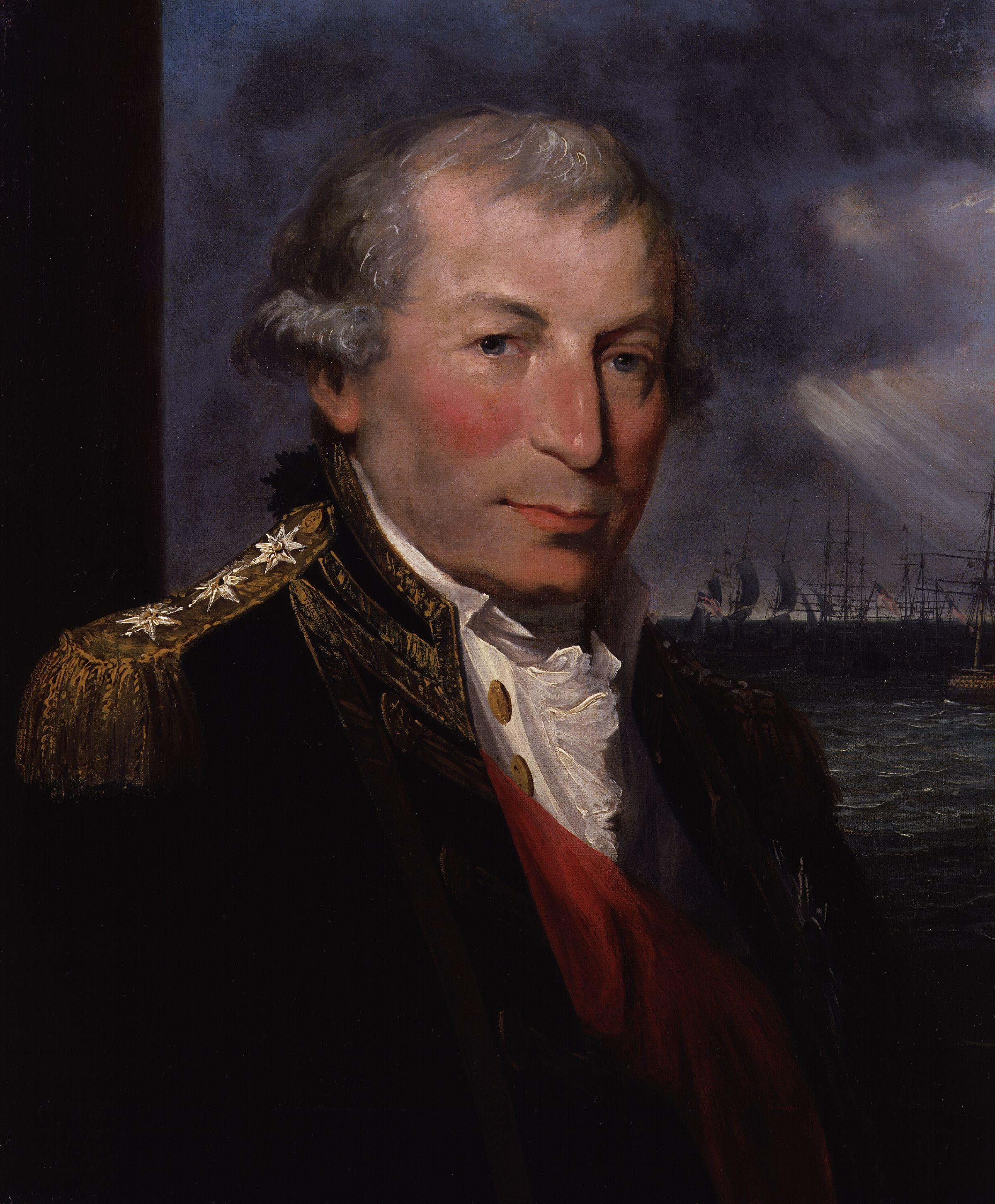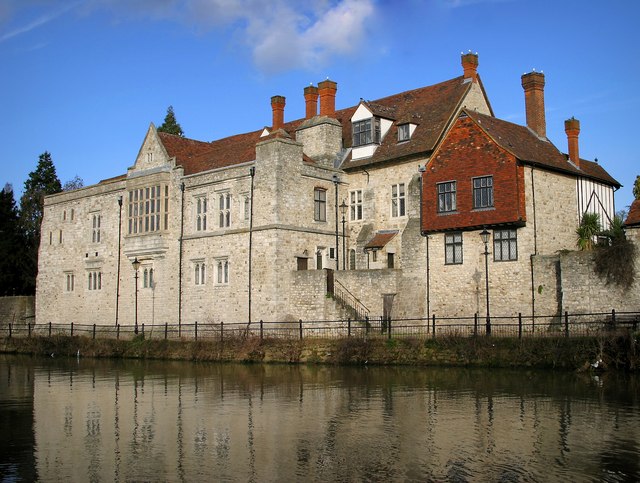|
Noel Thomas Carrington
Nicholas Toms Carrington (also Noel Thomas) (1777–1830) was an English schoolmaster and poet. Life The son of a retail grocer at Plymouth, Carrington was born there. Shortly his parents moved to Plymouth Dock, and for some time he was employed as a clerk in the Plymouth dockyard. Then he became a seaman on board a man-of-war, and was present at the Battle of Cape St Vincent (1797). After his term of service Carrington settled at Maidstone, Kent, where for five years he taught a public school. In 1809, with support from friends, he established a private academy at Plymouth Dock, which he then ran until six months before his death, 2 September 1830. Works At an early period of his life Carrington, who was a member of The Plymouth Institution (now The Plymouth Athenaeum), began to contribute verse to London and provincial papers. His poems are mainly descriptive of the scenery and traditions of Devon. In 1820 he published ''The Banks of the Tamar'', and in 1826 ''Dartmoor''. Hi ... [...More Info...] [...Related Items...] OR: [Wikipedia] [Google] [Baidu] |
Plymouth Dock
Devonport ( ), formerly named Plymouth Dock or just Dock, is a district of Plymouth in the English county of Devon, although it was, at one time, the more important settlement. It became a county borough in 1889. Devonport was originally one of the " Three Towns" (along with Plymouth and East Stonehouse); these merged in 1914 to form what would become in 1928 the City of Plymouth. It is represented in the Parliament of the United Kingdom as part of the Plymouth Sutton and Devonport constituency. Its elected Member of Parliament (MP) is Luke Pollard, who is a member of the Labour Party. The population of the ward at the 2011 census was 14,788. History Plymouth Dock In 1690 the Admiralty gave a contract to Robert Waters from Portsmouth to build a stone dock at Point Froward on the east bank of the Hamoaze at the mouth of the River Tamar. Plymouth Dock, as Devonport was originally called, began around 1700 as a small settlement to house workers employed on the new naval ... [...More Info...] [...Related Items...] OR: [Wikipedia] [Google] [Baidu] |
Battle Of Cape St Vincent (1797)
The Battle of Cape St. Vincent (14 February 1797) was one of the opening battles of the Anglo-Spanish War (1796–1808), as part of the French Revolutionary Wars, where a British fleet under Admiral Sir John Jervis defeated a greatly superior Spanish fleet under Admiral Don José de Córdoba y Ramos near Cape St. Vincent, Portugal. Background After the signing of the Treaty of San Ildefonso in 1796 allying Spanish and French forces against Great Britain, the British navy blockaded Spain in 1797, impairing communications with its Spanish Empire. The Spanish declaration of war on Britain and Portugal in October 1796 made the British position in the Mediterranean untenable. The combined Franco-Spanish fleet of 38 ships of the line heavily outnumbered the British Mediterranean Fleet of fifteen ships of the line, forcing the British to evacuate their positions in first Corsica and then Elba. Early in 1797, the Spanish fleet of 27 ships of the line, which were supposed to join th ... [...More Info...] [...Related Items...] OR: [Wikipedia] [Google] [Baidu] |
Maidstone
Maidstone is the largest Town status in the United Kingdom, town in Kent, England, of which it is the county town. Maidstone is historically important and lies 32 miles (51 km) east-south-east of London. The River Medway runs through the centre of the town, linking it with Rochester, Kent, Rochester and the Thames Estuary. Historically, the river carried much of the town's trade as the centre of the agricultural county of Kent, known as the Garden of England. There is evidence of settlement in the area dating back before the Stone Age. The town, part of the borough of Maidstone, had an approximate population of 100,000 in 2019. Since World War II, the town's economy has shifted from heavy industry towards light industry and services. Toponymy Anglo-Saxon period of English history, Saxon charters dating back to ca. 975 show the first recorded instances of the town's name, ''de maeides stana'' and ''maegdan stane'', possibly meaning ''stone of the maidens'' or ''stone of the ... [...More Info...] [...Related Items...] OR: [Wikipedia] [Google] [Baidu] |
The Plymouth Athenaeum
Plymouth Athenaeum, located in Plymouth, England, is a society dedicated to the promotion of learning in the fields of science, technology, literature and art. The Athenaeum building, located at Derry's Cross in Plymouth City Centre, includes a 340-seat auditorium and a local interest library. History Founded on 17 October 1812 as the Plymouth Institute, it was soon renamed the Plymouth Institution. The first meetings took place in Catherine Street and later Frankfort Street Art Gallery. Architect and founding member of the Institution John Foulston, who had won a competition to design the Royal Hotel and Theatre group of buildings, designed the building that would become the permanent home of the organisation. The foundation stone of the Athenaeum, which had a Greek Doric-style facade, was laid on 1 May 1818. The Devon and Cornwall Natural History Society, formed in 1838, amalgamated with the Plymouth Institution in 1851. The Mechanics' Institute in Princes Street closed in ... [...More Info...] [...Related Items...] OR: [Wikipedia] [Google] [Baidu] |
Devon
Devon ( , historically known as Devonshire , ) is a ceremonial and non-metropolitan county in South West England. The most populous settlement in Devon is the city of Plymouth, followed by Devon's county town, the city of Exeter. Devon is a coastal county with cliffs and sandy beaches. Home to the largest open space in southern England, Dartmoor (), the county is predominately rural and has a relatively low population density for an English county. The county is bordered by Somerset to the north east, Dorset to the east, and Cornwall to the west. The county is split into the non-metropolitan districts of East Devon, Mid Devon, North Devon, South Hams, Teignbridge, Torridge, West Devon, Exeter, and the unitary authority areas of Plymouth, and Torbay. Combined as a ceremonial county, Devon's area is and its population is about 1.2 million. Devon derives its name from Dumnonia (the shift from ''m'' to ''v'' is a typical Celtic consonant shift). During the Briti ... [...More Info...] [...Related Items...] OR: [Wikipedia] [Google] [Baidu] |
Frederick George Carrington
Frederick George Carrington (1816–1864) was an English journalist. Life The third son of Nicholas Toms Carrington Nicholas Toms Carrington (also Noel Thomas) (1777–1830) was an English schoolmaster and poet. Life The son of a retail grocer at Plymouth, Carrington was born there. Shortly his parents moved to Plymouth Dock Devonport ( ), formerly named ..., he was about 14 at the time of his father's death. His eldest brother Henry E. Carrington, proprietor of the '' Bath Chronicle'', took him on, and he became a journalist. Carrington contributed to the West of England journals: the ''Bath Chronicle'', ''Felix Farley's Bristol Journal'', the '' Royal Cornwall Gazette'', the ''West of England Conservative'', the ''Bristol Mirror'', the ''Gloucester Journal'', and the ''Gloucestershire Chronicle'' (where he was for several years editor and proprietor). He also contributed to magazines, and wrote treatises on ''Architecture'' and ''Painting'' for the Society for the Di ... [...More Info...] [...Related Items...] OR: [Wikipedia] [Google] [Baidu] |
1777 Births
Events January–March * January 2 – American Revolutionary War – Battle of the Assunpink Creek: American general George Washington's army repulses a British attack by Lieutenant General Charles Cornwallis, in a second battle at Trenton, New Jersey. * January 3 – American Revolutionary War – Battle of Princeton: American general George Washington's army defeats British troops. * January 13 – Mission Santa Clara de Asís is founded in what becomes Santa Clara, California. * January 15 – Vermont declares its independence from New York, becoming the Vermont Republic, an independent country, a status it retains until it joins the United States as the 14th state in 1791. * January 21 – The Continental Congress approves a resolution "that an unauthentic copy, with names of the signers of the Declaration of independence, be sent to each of the United States. *February 5 – Under the 1st Constitution of Georgia, 8 counties ar ... [...More Info...] [...Related Items...] OR: [Wikipedia] [Google] [Baidu] |
1830 Deaths
Year 183 ( CLXXXIII) was a common year starting on Tuesday (link will display the full calendar) of the Julian calendar. At the time, it was known as the Year of the Consulship of Aurelius and Victorinus (or, less frequently, year 936 ''Ab urbe condita''). The denomination 183 for this year has been used since the early medieval period, when the Anno Domini calendar era became the prevalent method in Europe for naming years. Events By place Roman Empire * An assassination attempt on Emperor Commodus by members of the Senate fails. Births * January 26 – Lady Zhen, wife of the Cao Wei state Emperor Cao Pi (d. 221) * Hu Zong, Chinese general, official and poet of the Eastern Wu state (d. 242) * Liu Zan (Zhengming), Chinese general of the Eastern Wu state (d. 255) * Lu Xun Zhou Shuren (25 September 1881 – 19 October 1936), better known by his pen name Lu Xun (or Lu Sun; ; Wade–Giles: Lu Hsün), was a Chinese writer, essayist, poet, and literary critic. He ... [...More Info...] [...Related Items...] OR: [Wikipedia] [Google] [Baidu] |
Schoolteachers From Devon
A teacher, also called a schoolteacher or formally an educator, is a person who helps students to acquire knowledge, competence, or virtue, via the practice of teaching. ''Informally'' the role of teacher may be taken on by anyone (e.g. when showing a colleague how to perform a specific task). In some countries, teaching young people of school age may be carried out in an informal setting, such as within the family (homeschooling), rather than in a formal setting such as a school or college. Some other professions may involve a significant amount of teaching (e.g. youth worker, pastor). In most countries, ''formal'' teaching of students is usually carried out by paid professional teachers. This article focuses on those who are ''employed'', as their main role, to teach others in a ''formal'' education context, such as at a school or other place of ''initial'' formal education or training. Duties and functions A teacher's role may vary among cultures. Teachers may pro ... [...More Info...] [...Related Items...] OR: [Wikipedia] [Google] [Baidu] |
People From Plymouth, Devon
A person ( : people) is a being that has certain capacities or attributes such as reason, morality, consciousness or self-consciousness, and being a part of a culturally established form of social relations such as kinship, ownership of property, or legal responsibility. The defining features of personhood and, consequently, what makes a person count as a person, differ widely among cultures and contexts. In addition to the question of personhood, of what makes a being count as a person to begin with, there are further questions about personal identity and self: both about what makes any particular person that particular person instead of another, and about what makes a person at one time the same person as they were or will be at another time despite any intervening changes. The plural form "people" is often used to refer to an entire nation or ethnic group (as in "a people"), and this was the original meaning of the word; it subsequently acquired its use as a plural form of per ... [...More Info...] [...Related Items...] OR: [Wikipedia] [Google] [Baidu] |






_1938.jpg)